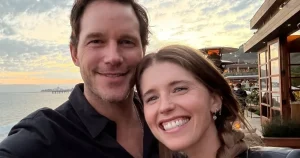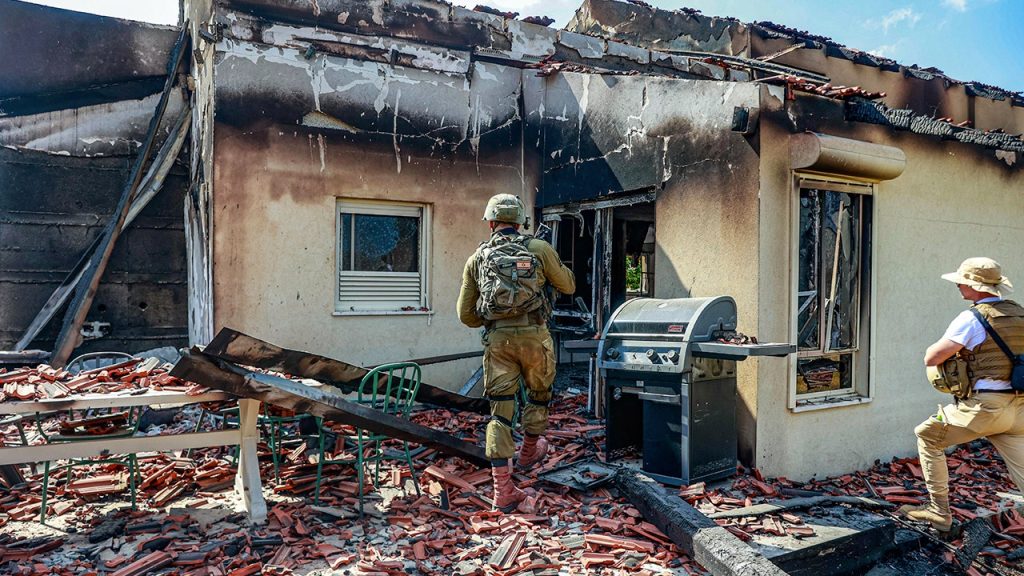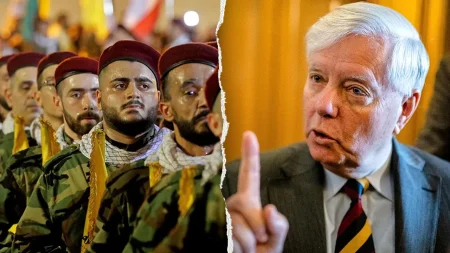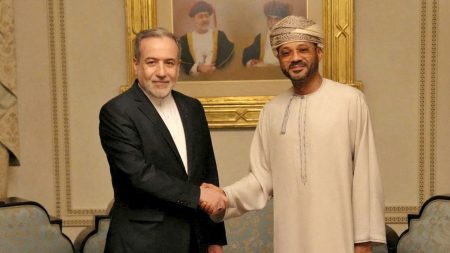The Scars of October 7: Two Years After Hamas’ Attack on Israel
On the second anniversary of one of Israel’s darkest days, the memories of Hamas’ brutal attack remain painfully vivid for survivors and a nation still grappling with its aftermath. On October 7, 2021, Hamas terrorists crossed from Gaza into Israel, unleashing a wave of violence that claimed more than 1,200 Israeli lives and resulted in 251 hostages being taken. The attackers targeted families in kibbutz communities and young people attending a music festival, leaving behind scenes of unimaginable horror. Fox News journalist Trey Yingst, who visited Kibbutz Beeri days after the attack, described blood-stained kitchen floors and evidence of execution-style killings—mothers clutching their children, victims with hands tied behind their backs, and some bodies decapitated. These weren’t just casualties of conflict; they were deliberate acts of terror against civilians in their homes.
Among those taken hostage was Aviva Siegel, who spent 51 days in captivity, while her husband Keith remained a prisoner for more than 400 days. Aviva’s testimony offers a window into the trauma endured by the hostages. “When they came in to kidnap us, they shot us. One of the bullets hit Keith,” she recounted. Taken underground into Hamas tunnels, she remembered struggling to breathe, believing she was living her final hours. The horror continued as they arrived in Gaza, where local crowds cheered at the sight of wounded Israeli captives. “Everybody was just waiting for us. They knew we were coming,” Aviva recalled, the image of a smiling terrorist directing her down a narrow ladder into underground captivity forever etched in her memory.
The conditions of captivity were nothing short of torturous. Aviva was relocated 13 times during her 51-day imprisonment, while her husband Keith endured six months in solitary confinement. “We were tortured, we were starved. They used to eat in front of us,” she explained. The physical toll was evident—Aviva lost 10 kilograms and couldn’t walk when she was released, while Keith “came home looking like a skeleton.” Beyond the physical suffering, Aviva witnessed sexual abuse and violence against female hostages. One of the most psychologically devastating aspects of her captivity was her powerlessness to help others, including her husband. “For me not to be able to help them and to help Keith when he was tortured was the worst thing that I could go through. It was worse than when I was tortured,” she said, describing her experience as “going to hell.”
Two years after the attack, 48 hostages remain in Gaza—only 20 of whom are believed to be alive. This ongoing humanitarian crisis exists within the larger context of a devastating war. Israel’s military response has resulted in tens of thousands of Palestinian deaths and the destruction of more than 90% of Gaza’s infrastructure. The Israeli military now controls approximately 80% of the Gaza Strip, maintaining that while they don’t target civilians, their operations are necessary to eliminate Hamas and prevent future attacks. This stance has done little to comfort the families of those still held captive, who live each day with uncertainty about whether their loved ones are alive or dead, well-treated or suffering.
The October 7 attack and its aftermath have deeply scarred both Israeli and Palestinian societies. For Israelis, the brutal invasion shattered a sense of security and revived historical traumas of persecution. The knowledge that neighbors they had lived alongside for years participated in or celebrated such violence has created a profound crisis of trust. For Palestinians in Gaza, the subsequent military campaign has resulted in unprecedented destruction of homes, hospitals, schools, and essential infrastructure. Families on both sides of the conflict now share the common experience of grief, displacement, and trauma, even as their national narratives remain diametrically opposed.
As the world marks this somber anniversary, the path to healing seems distant for all involved. The hostages who remain in Gaza represent not just a humanitarian emergency but a persistent open wound in Israel’s national consciousness. For survivors like Aviva Siegel, living with the physical and psychological aftermath of captivity is a daily struggle. “I was pulled by my hair. I was pushed. I was starved. I was laughed at. I was threatened,” she recounted, summarizing an experience that defies easy comprehension. Her testimony stands as both a personal account of suffering and a reminder of the human cost of this conflict—a cost paid not in abstract political terms but in shattered lives and traumatized communities. As diplomatic efforts continue and military operations persist, the voices of survivors serve as urgent reminders of what is at stake: not just territorial control or political advantage, but the very humanity of all involved.















